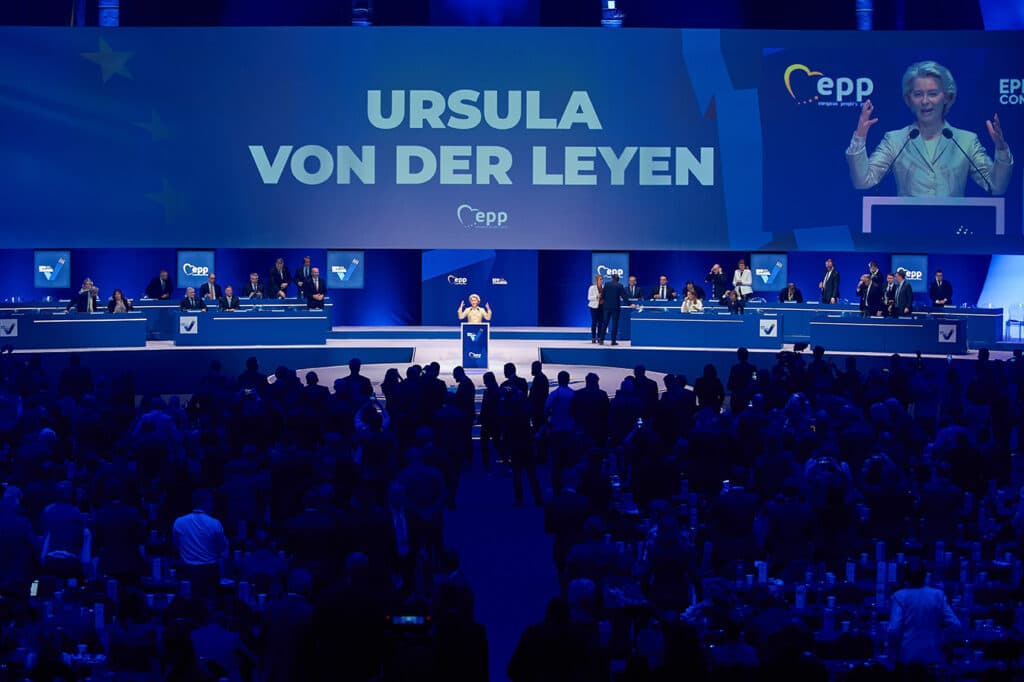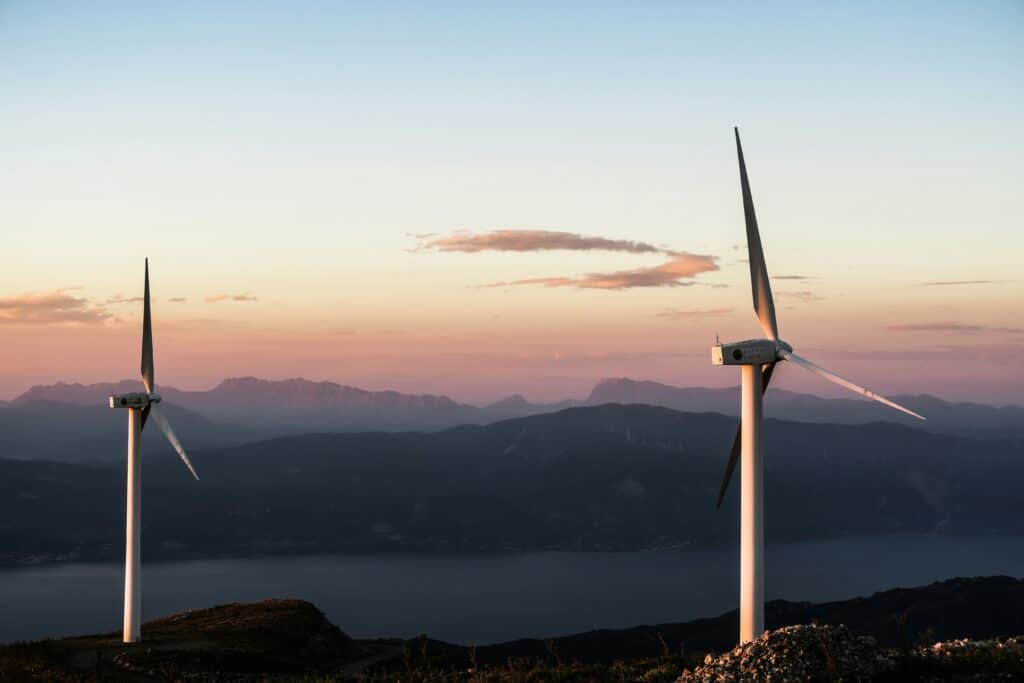The paper “Energy prosumers and infrastructure regulation: some initial observations from Australia” (Daly, A.) will be presented at the 5th Conference on the Regulation of Infrastructures (24 June 2016).
ABSTRACT
This paper will present some initial reflections about the rise of ‘energy prosumers’ and the implications for the regulation of energy infrastructure.
With the decentralized micro-production of energy becoming increasingly available through the declining price of photovoltaic technology (solar panels) and, to a lesser extent, wind turbines, the idea of the ‘prosumer’ – developed in relation to ‘disruptive’ media and communications technologies, free software and 3D printing – has also become relevant to energy, since individuals now have the ability and means to produce energy as well as consume it.
Individuals or community groups can sell excess energy that they have generated back to the grid or opt to go ‘off-grid’ entirely. In addition, going off-grid or being part of a small-scale energy network may have further benefits in terms of promoting energy localisation, resilience and sustainability, which may be of particular appeal to communities or individuals in remote areas living far from large population centres. Since these small-scale energy generation technologies usually involve the generation of renewable energy there are additional social benefits to this energy production in terms of contributing towards the reduction of carbon emissions and the promotion of clean and sustainable energy. The digitization of energy grids and smart meters, and the development of household battery storage cross-fertilise this decentralized micro-production of energy and enhance the ‘prosumer’ experience.
However, the emergence of energy prosumers stands in stark contrast to the centralized model of energy production in developed economies, which forms the paradigm on which existing energy regulation is built. Yet prosumers in other areas of production, such as the Internet and 3D printing contexts, have also proved ‘disruptive’ to existing laws. Prosumers in the guise of ‘user’ are recognised to some extent by copyright law but other areas such as competition law have been less willing to acknowledge productive individuals. While the forthcoming net neutrality regulation might go some way to acknowledging and integrating prosumers into EU telecoms regulation the concept would still seem to be disruptive for other areas of existing utilities regulation. Energy would appear to be among these, experiencing only recently issues of decentralization which have characterized and transformed communications since the advent of digitization and the Internet’s widespread take-up.
This paper will critically examine the development of energy prosumers and provide some initial reflections on their trajectory within current infrastructure regulation, and what might need to be changed to better accommodate them, particularly in the Australian context. The issue of renewable energy has become highly politicized in Australia, despite the country having some of the best natural resources for this kind of production. Yet Australia’s ‘tyranny of distance’ characterising many remote communities makes small-scale renewable energy production an even more resilient and attractive option for individuals and small communities. The paper will then identify some developing flashpoints for energy prosumers around issues such as:
- consumer network charges;
- disadvantageous energy pricing – both for household-produced electricity being sold to the grid and centrally produced electricity being bought from the grid by household producers;
- attempts to stop household producers selling electricity back to the grid.
In light of these flashpoints, some observations will be offered on energy prosumers’ trajectory under existing Australian regulation, and what insights this may offer to regulators in other jurisdictions, especially the EU, where similar ‘disruptive’ trends can be observed. Examples from other areas of infrastructure regulation, especially telecommunications where digital-led disruption has created prosumers, will also inform these observations.
This research is being carried out as part of a 3 year project (2016-2019) at Queensland University of Technology Faculty of Law entitled ‘New energy technologies, old legal categories – is current Australian and EU regulation an inducement or obstacle to the small sale production of clean energy?’. This paper represents one of the project’s first outputs.
ABOUT THE AUTHOR
Dr Angela Daly is Vice Chancellor’s Research Fellow in QUT’s Faculty of Law, working on a project examining intellectual property and regulatory aspects of renewable energy technology in Australia and the European Union. She comes to QUT from the Swinburne Institute for Social Research, where she was a Postdoctoral Research Fellow researching 3D printing – her book ‘Socio-Legal Aspects of 3D Printing’ will be published in June 2016 by Palgrave Macmillan.
Dr Daly was awarded a PhD for her work, ‘Mind the Gap: Private Power, Online Information Flows and EU Law’ from the European University Institute. Her PhD thesis was the joint winner of the 2013-2015 Vittorio Frosini Prize in legal informatics and information law, awarded by the Fondazione Calamandrei (Italy).
Dr Daly has an MA in Jurisprudence from Balliol College, University of Oxford, an LLM in French and European Law from the Universite de Paris 1 Pantheon-Sorbonne and an LLM (Research) in Comparative, European and International Law from the European University Institute.
In addition to her position at QUT, Dr Daly is also a research associate at the Tilburg Institute for Law, Technology and Society (Netherlands) and adjunct research fellow at the Swinburne Institute for Social Research. She is also a member of the Australian Privacy Foundation’s Board of Directors and a founder of Digital Rights Watch Australia.
DOWNLOAD
Presentation given by Angela Daly






